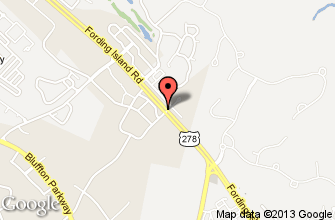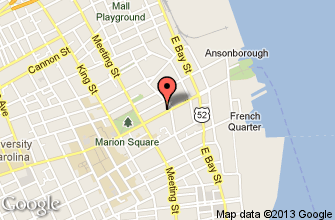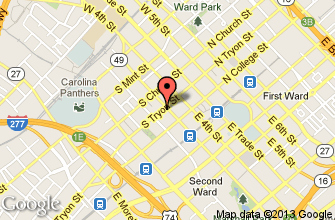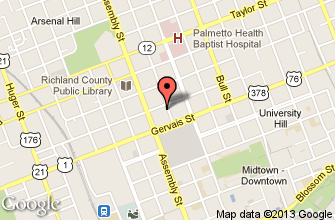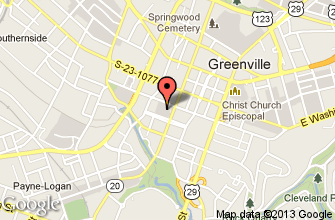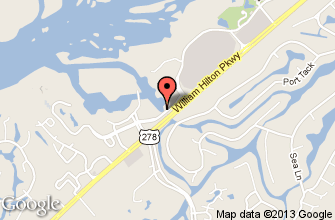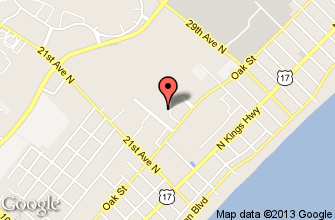As anticipated in our previous article[1], on Monday, May 22, the Supreme Court of the United States changed nearly thirty years of patent litigation venue practice in its TC Heartland decision.[2] In its much-anticipated ruling, a unanimous Supreme Court[3] reversed the Federal Circuit and held that the special-purpose patent venue statute 28 U.S.C. §1400(b) as codified in 1948 - not 28 U.S.C. §1391(c) - exclusively controls venue in patent infringement cases.[4] The Supreme Court explained that for the purposes of venue in patent cases under §1400(b), an accused infringer "resides" only in its State of incorporation.[5] Thus, under §1400(b), venue in patent infringement cases is limited to (1) the State of incorporation of the accused infringer, or (2) where the accused infringer committed acts of infringement and has a regular and established place of business.[6]
The patent venue statute, §1400(b), provides that any "civil action for patent infringement may be brought in the judicial district where the defendant resides...."[7] Previously, the Court of Appeals for the Federal Circuit interpreted "resides" to include anywhere the accused infringer was subject to personal jurisdiction.[8] Over the past three decades, the Federal Circuit's interpretation allowing accused infringers to be sued wherever they were subject to personal jurisdiction often led to forum shopping by plaintiffs. Many commentators argued this forum shopping led to abuse. One of the more notorious forum shopping abuses is the patent infringement cottage industry formed over the past 20 years in the Eastern District of Texas. It is frequently cited that in 2015, the Eastern District of Texas had about 43% of the patent infringement cases that were filed nationally, even though most defendants had little, much less substantial, contacts in the Eastern District.[9] These alleged abuses in forum shopping likely influenced the Supreme Court's granting certiorari in the TC Heartland case.
The Supreme Court's TC Heartland ruling is a significant change in the law regarding patent venue and will have a number of implications for patent litigants. For example, it is likely to significantly reduce the number of patent infringement lawsuits filed in the Eastern District of Texas. On the other hand, it should cause a significant increase in patent infringement lawsuits filed in the District of Delaware as more than 50% of publicly-traded U.S. corporations are incorporated in Delaware. Also, over time, litigants and federal courts will consider the meaning of a "regular and established place of business" for the purposes of the second prong of the venue statute. Another result may be that patent owners shift some of their targets to distributors, retailers, or other entities in order to bring the patent infringement lawsuits in a venue with perceived advantages.
__________________________________________________________________________
[2]
TC Heartland LLC v. Kraft Food Brands Grp. LLC, 581 U.S. ___, No. 16-341 (May 22, 2017 (opinion found
here).
[3] Justice Gorsuch did not take part in the consideration or decision of this case.
[4] TC Heartland, Slip Op. at 7-10.
[5] Id.
[6] Id.
[7] 28 U. S. C. §1400(b) (emphasis added).
[8] VC Holdings Corp. v. Johnson Gas Appliance Co., 917 F.2d 1574 (Fed. Cir. 1990). In its TC Heartland decision, the Supreme Court relied on its previous ruling in Fourco Glass Co. v. Transmirra Products Corp., 353 U. S. 222, 226 (1957) where the High Court similarly concluded that for purposes of §1400(b) a domestic corporation "resides" only in its State of incorporation. In Fourco, the Supreme Court rejected the argument that §1400(b) incorporates the broader definition of corporate "residence" contained in the general venue statute, 28 U.S. C. §1391(c).
[9]
See Brian Howard,
Lex Machina 2015 End of-Year Trends, LEX MACHINA: LEXISNEXIS COMPANY (Jan. 7, 2016), which shows that over 43 percent of the nation's patent cases in 2015 were filed in the Eastern District of Texas.
If you have questions, please contact the authors of this alert,
Douglas W. Kim and
Lance A. Lawson, P.E., or a member of the firm's Intellectual Property and Litigation practice groups.
